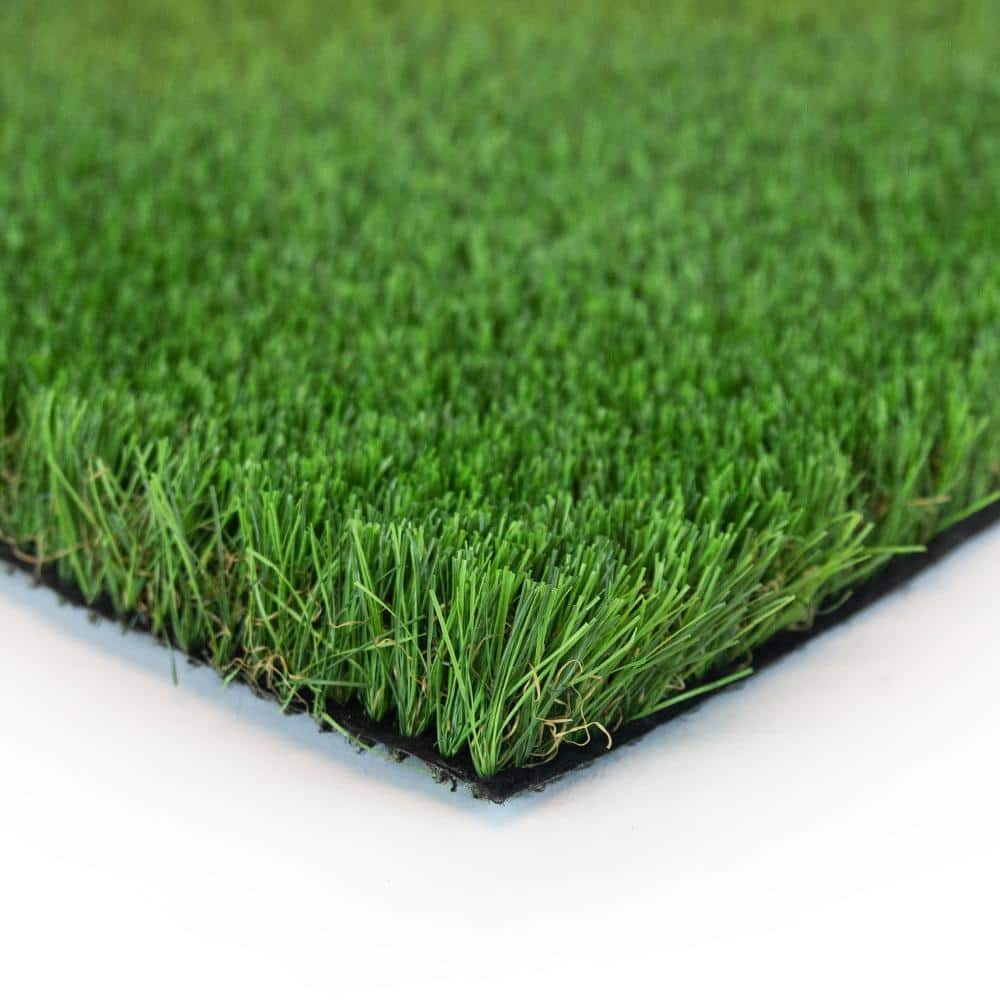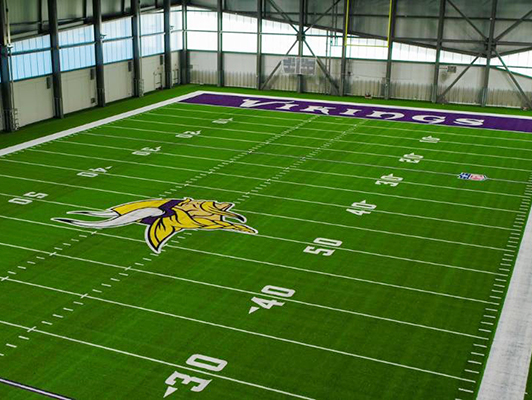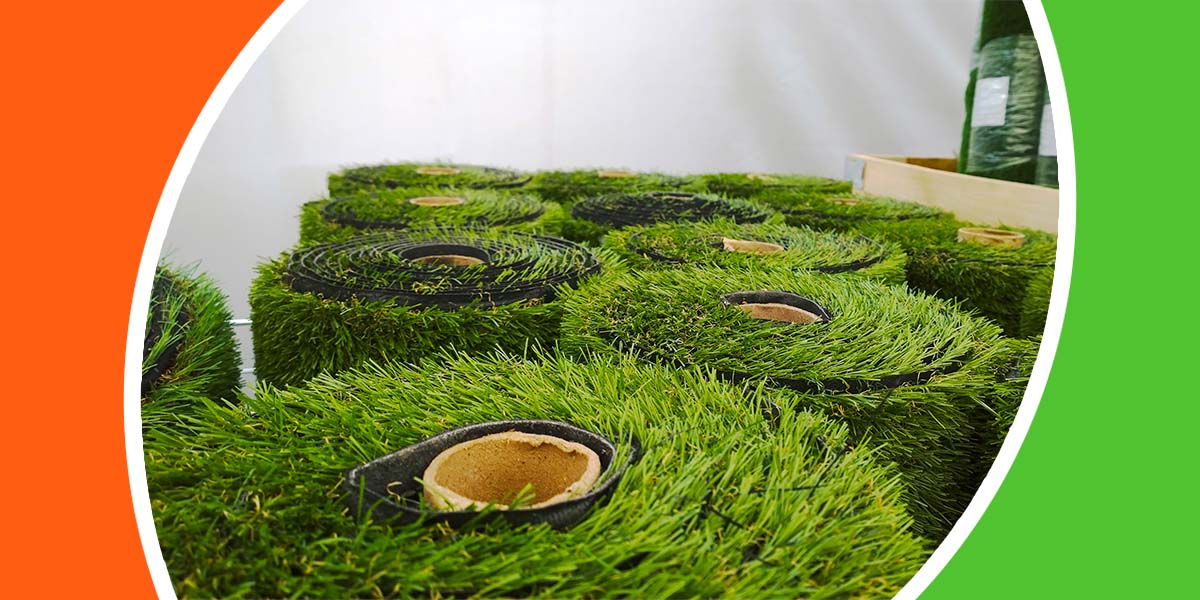Discover Reliable Artificial Turf Companies Phoenix for Your Outdoor Needs
Discover Reliable Artificial Turf Companies Phoenix for Your Outdoor Needs
Blog Article
See Why Homeowners Prefer Artificial Turf for Lasting Landscaping Practices
As property owners significantly prioritize sustainability in landscape design, synthetic grass has actually become a compelling option to typical yard. Its capacity to conserve water, decrease upkeep efforts, and reduce environmental effect placements it as a functional option for those looking for environmentally friendly remedies. The aesthetic charm and versatility of fabricated lawn provide to varied layout preferences. Nonetheless, the effects of this change expand beyond mere convenience and aesthetics, triggering a more detailed evaluation of exactly how these choices influence wider ecological outcomes. What stays to be discovered is the complete extent of benefits that synthetic grass can provide to property owners and the atmosphere alike.
Water Preservation Conveniences
One of the most substantial benefits of synthetic grass is its role in water conservation. Standard lawn yards need considerable quantities of water to keep their lush appearance, frequently bring about overuse of local water resources, particularly in dry regions. In contrast, synthetic grass removes this need entirely, as it does not require watering. This not only conserves water yet likewise lowers the strain on municipal water supply, specifically throughout drought conditions.
Furthermore, the installment of fabricated turf can add to a more lasting landscape. Homeowners can significantly reduce their water expenses, permitting for reallocation of resources to various other ecological initiatives or family usages. In addition, synthetic grass is designed to stand up to various climatic conditions without the demand for extra watering, making it an ideal option for regions encountering water scarcity.
The ecological advantages extend past immediate water savings. By lowering water usage, synthetic grass assists to mitigate the effects of environment modification, maintaining important communities that are threatened by too much water extraction. As sustainable landscaping methods get grip, synthetic grass becomes a responsible selection for home owners looking for to develop eco-friendly exterior rooms.
Decreased Upkeep Efforts
Synthetic grass considerably minimizes maintenance initiatives contrasted to traditional turf lawns. With man-made grass, property owners can remove the time-consuming jobs connected with all-natural landscaping, such as mowing, feeding, and weeding. This not only conserves useful time but additionally minimizes physical labor, making lawn care obtainable for people of any ages.
Conventional grass need frequent cutting to keep a visually pleasing elevation, whereas fabricated grass remains constantly rich without the requirement for cutting. Additionally, home owners no longer need to apply pesticides or plant foods, which are commonly required to maintain natural turf healthy.
In addition, synthetic grass is resilient and sturdy, calling for marginal upkeep past periodic brushing and rinsing to eliminate debris. This convenience of maintenance enables home owners to appreciate their exterior spaces without the constant fear of upkeep, providing more time for leisure and family activities. Eventually, the reduced maintenance initiatives associated with synthetic grass make it an enticing alternative for those looking for a low-maintenance, visually appealing landscape.

Environmental Impact Decrease
There is a growing recognition of the ecological advantages related to man-made lawn, especially in regards to water conservation and reduced chemical usage. Typical grass need significant quantities of water, specifically in drought-prone regions, leading to raised strain on local water sources. In comparison, synthetic grass gets rid of the need for watering, considerably reducing water usage and advertising sustainability.
Additionally, traditional grass upkeep often includes the application of fertilizers, pesticides, and herbicides, which can add to dirt and water pollution. Synthetic grass minimizes this ecological danger by needing marginal upkeep and basically getting rid of the requirement for hazardous chemicals. This not just improves soil health however also shields regional communities from harmful drainage.
Moreover, the manufacturing of all-natural yard lawns usually entails making use of fossil gas for mowing and landscape design tools, more adding to greenhouse gas exhausts. By picking fabricated turf, homeowners can dramatically reduce their carbon footprint related to grass care tasks.
Visual Appeal and Versatility
In enhancement to its ecological benefits, synthetic grass uses substantial visual charm and flexibility for landscaping. Homeowners can achieve a lavish, environment-friendly appearance year-round, eliminating the seasonal changes typically connected with natural turf. This constant Find Out More visual not just improves the aesthetic appeal of a residential property yet likewise adds to a polished and properly her comment is here maintained appearance.
In addition, artificial turf is offered in a range of colors, designs, and structures, permitting customization to suit specific choices and layout motifs - Turf installation phoenix az. Whether used in residential yards, business rooms, or leisure areas, it can perfectly integrate right into varied landscaping designs, from modern-day minimal to rich tropical setups
The convenience of man-made grass extends past simple appearance; it can be mounted in numerous places, including roofs, outdoor patios, and even interior spaces, creating possibilities for special landscaping remedies. Furthermore, it is suitable for a series of activities, from youngsters's backyard to pet-friendly environments, giving performance without compromising design.
Ultimately, the visual appeal and convenience of synthetic lawn make it an appealing option for house owners looking for lasting landscape design options that do not give up beauty for ecological obligation.

Long-Term Cost Financial Savings
Among the most engaging advantages of synthetic grass is its possibility for long-lasting price financial savings. Unlike natural yard, which needs regular maintenance-- consisting of mowing, watering, fertilizing, and bug control-- synthetic grass considerably lowers these continuous expenditures. Property owners can conserve a substantial quantity on water costs, especially in areas where water shortage is a pressing concern. The removal of grass care solutions further contributes to economic cost savings, as there is no need for specialized equipment or labor.
In addition, fabricated lawn has a life expectancy of 15 to 25 years, relying on its quality and usage. This resilience minimizes replacement costs, making it an extra cost-effective selection over time. In addition, the preliminary investment in synthetic grass can usually be recovered with the cost savings accumulated gradually.
While the ahead of time price might appear greater compared to turf installment, the advancing cost savings from decreased upkeep and water use commonly exceed these initial expenses. Inevitably, the adoption of synthetic grass not just promotes a lasting landscape design service yet likewise provides homeowners a monetarily smart option that straightens with long-lasting budgeting objectives.
Final Thought
Synthetic grass becomes an engaging alternative for sustainable landscaping, offering considerable advantages in water conservation, decreased maintenance efforts, and decreased ecological impact. Its visual appeal and versatility improve the aesthetic landscape while lining up with modern-day sustainability goals. Long-term expense financial savings add to its beauty for home owners. As communities progressively focus on environmentally friendly techniques, the fostering of synthetic grass stands for a progressive action toward achieving lasting and durable landscapes.
In addition, synthetic grass is made to stand up to numerous weather conditions without the demand for extra watering, making it an excellent option for areas encountering water deficiency. (Arizona turf)

Synthetic grass emerges as a compelling alternative for lasting landscaping, using considerable advantages in water preservation, minimized maintenance efforts, and decreased environmental impact.
Report this page